Pfizer Inc. today announced that the U.S. Food and Drug Administration (FDA) has accepted and granted priority review to the Company’s supplemental New Drug Application(sNDA)for XALKORI (crizotinib) for the treatment of pediatric patients with relapsed or refractory systemic anaplastic large cell lymphoma (ALCL) that is anaplastic lymphoma kinase (ALK)-positive. XALKORI received Breakthrough Therapy designation (BTD) for the ALK-positive ALCL indication in May 2018 and if approved, would be the first biomarker-driven therapy for this type of pediatric lymphoma. The Prescription Drug User Fee Act (PDUFA) goal date for a decision by the FDA is January 2020.
“Despite high survival rates for children with ALK-positive anaplastic large cell lymphoma, many will relapse, requiring novel treatment approaches,” said Chris Boshoff, M.D., Ph.D., Chief Development Officer, Oncology, Pfizer Global Product Development. “Today’s FDA filing exemplifies Pfizer’s commitment to broadening the use of biomarker-driven therapies in areas with significant needs, such as rare, pediatric cancers. Given XALKORI’s proven efficacy in ALK-positive lung cancer and activity seen in clinical trials investigating relapsed or refractory ALK- and ROS-1 positive anaplastic large cell lymphoma, if approved, XALKORI could represent an important step toward improving outcomes for children with this type of cancer.”
Anaplastic large cell lymphoma is a rare type of non-Hodgkin lymphoma (NHL), divided into ALK-positive or ALK-negative disease. Though the five-year survival rate for children with cancer in the U.S. is now the highest it’s ever been at 80%, children with cancer continue to face challenges in treating their disease, including rare tumor types, variations in medicine response and prolonged risk of side effects.
“Children with cancer and their families have been desperate for new and innovative medicines. We applaud Pfizer’s commitment to drug discovery and development to help address childhood cancers, and continue to work together on behalf of patients with these cancers,” said George Dahlman, Chief Executive Officer, Children’s Cancer Cause. “We look forward to potentially having a new biomarker-driven therapy for children with relapsed or refractory ALK-positive ALCL that may help improve these children’s lives.”
The FDA submission is supported by the results from Study ADVL0912 (NCT00939770) and Study A8081013 (NCT01121588). Study ADVL0912 is a Phase 1/2 study conducted in collaboration with the Children’s Oncology Group (COG), evaluating the maximum dose that is safe and tolerable, and assessing clinical activity in pediatric patients with relapsed or refractory solid tumors and ALCL. Pfizer provided funding and support to COG for this trial. Study A8081013 evaluated XALKORI in pediatric and adult patients with advanced malignancies known to be ALK-positive other than non-small cell lung cancer (NSCLC) and included patients with relapsed or refractory ALCL. These two studies showed compelling antitumor activity in pediatric and adult patients who received XALKORI.4,5 Please visit clinicaltrials.gov for more information on these studies.
This FDA submission is in addition to the European Medicines Agency’s agreement on a Pediatric Investigational Plan (PIP) for XALKORI including the treatment of pediatric patients with relapsed or refractory systemic ALK-positive ALCL. This decision represents a step forward for potential regulatory submission for XALKORI in pediatric patients with relapsed or refractory ALK-positive ALCL in the European Union.
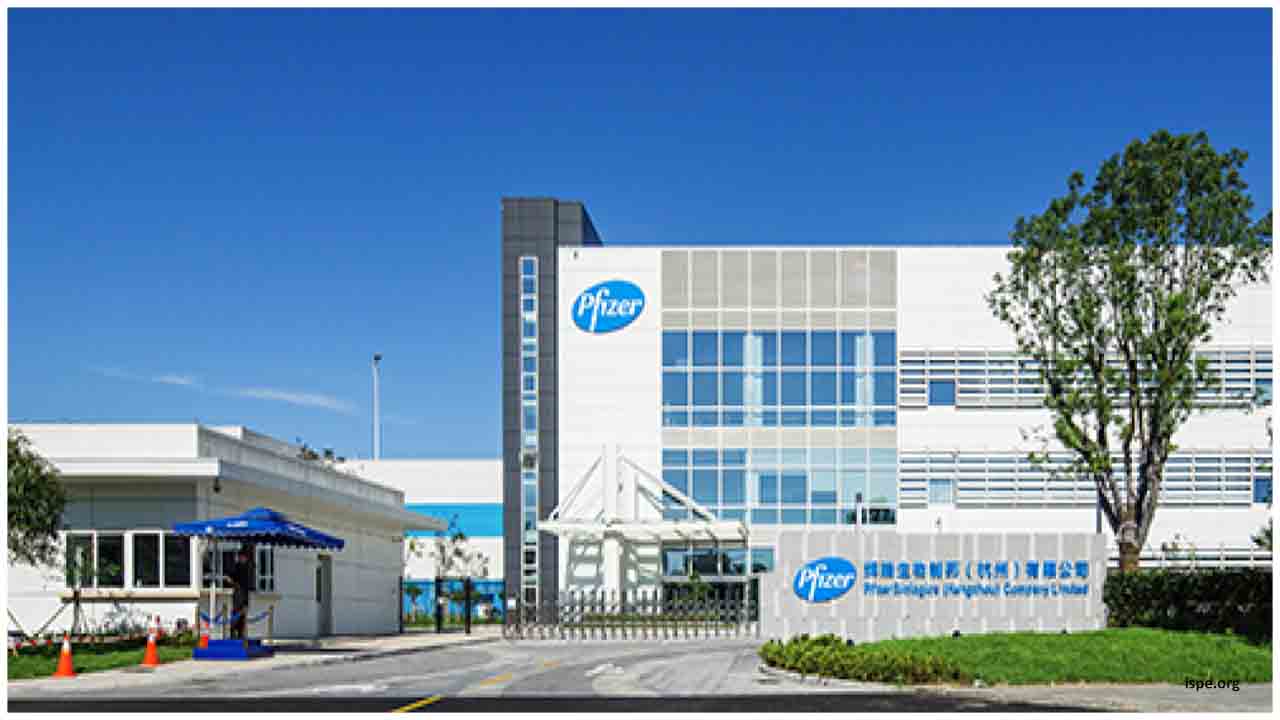
 Pfizer Inc. today announced that the U.S. FDA has accepted and granted priority review to the Company’s supplemental New Drug Application for XALKORI
Pfizer Inc. today announced that the U.S. FDA has accepted and granted priority review to the Company’s supplemental New Drug Application for XALKORI 




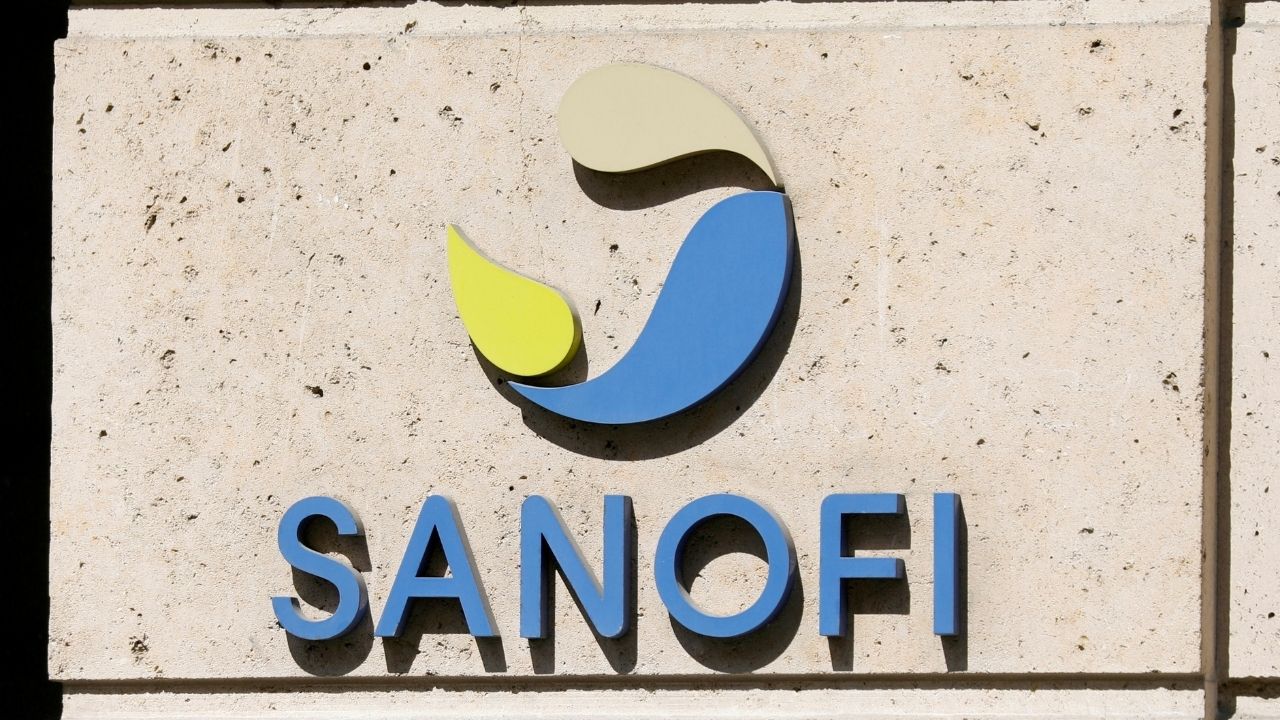

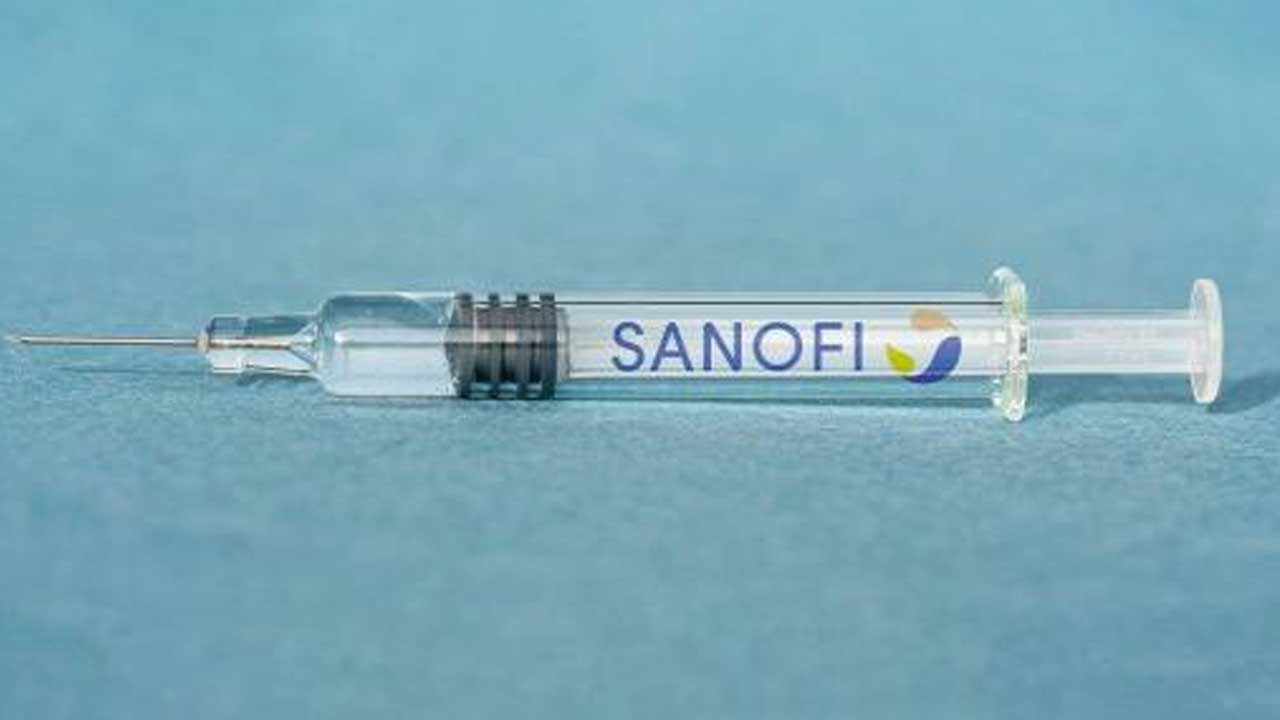
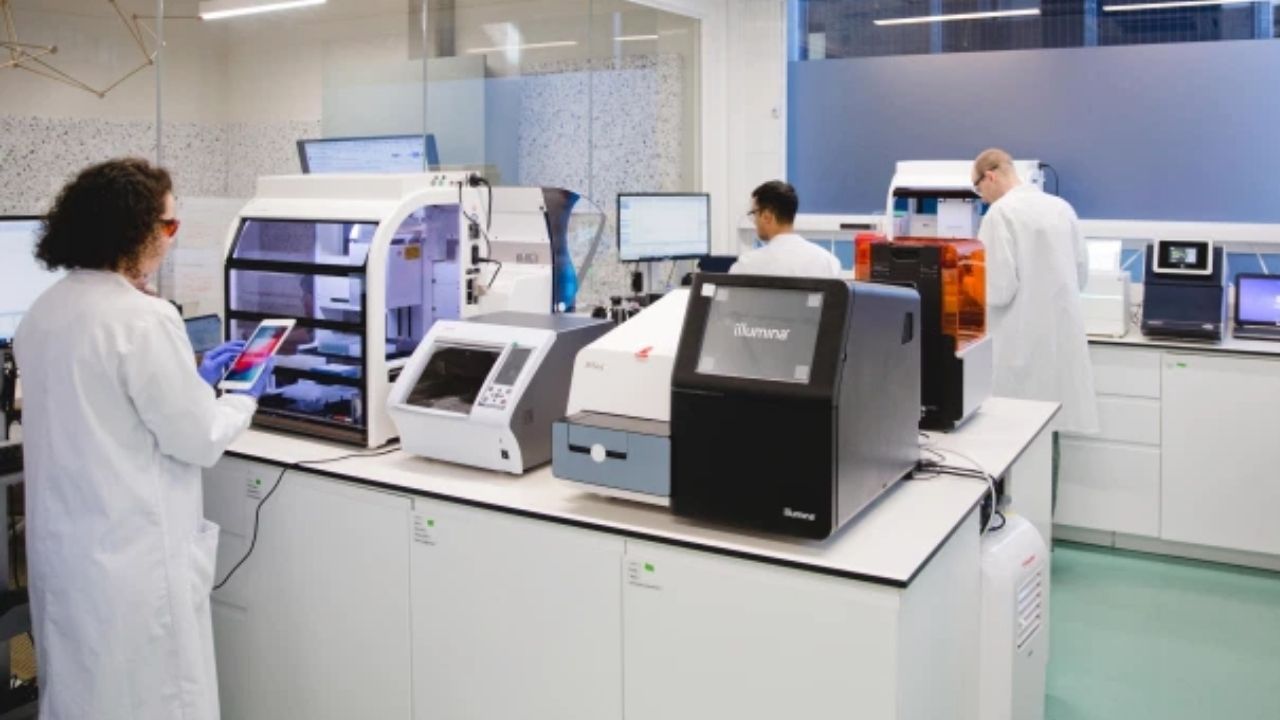
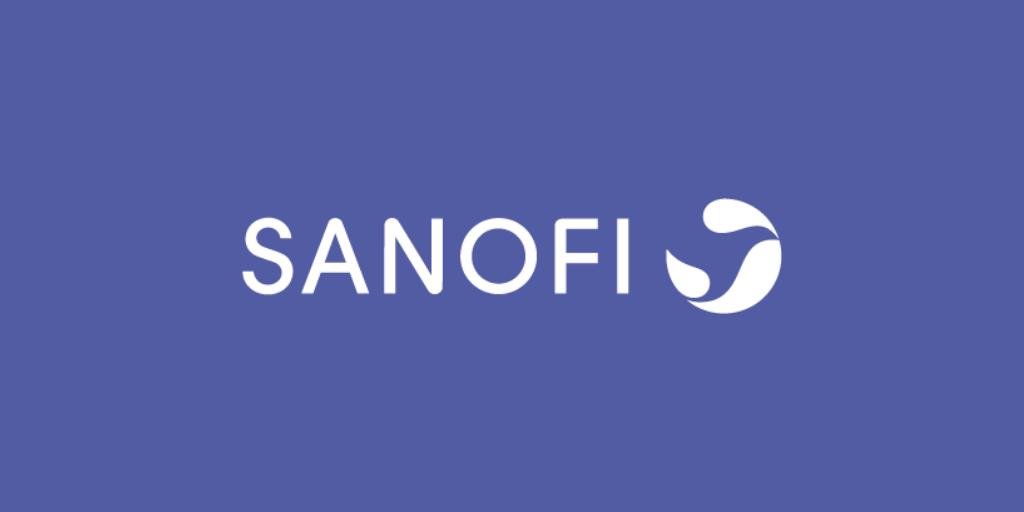

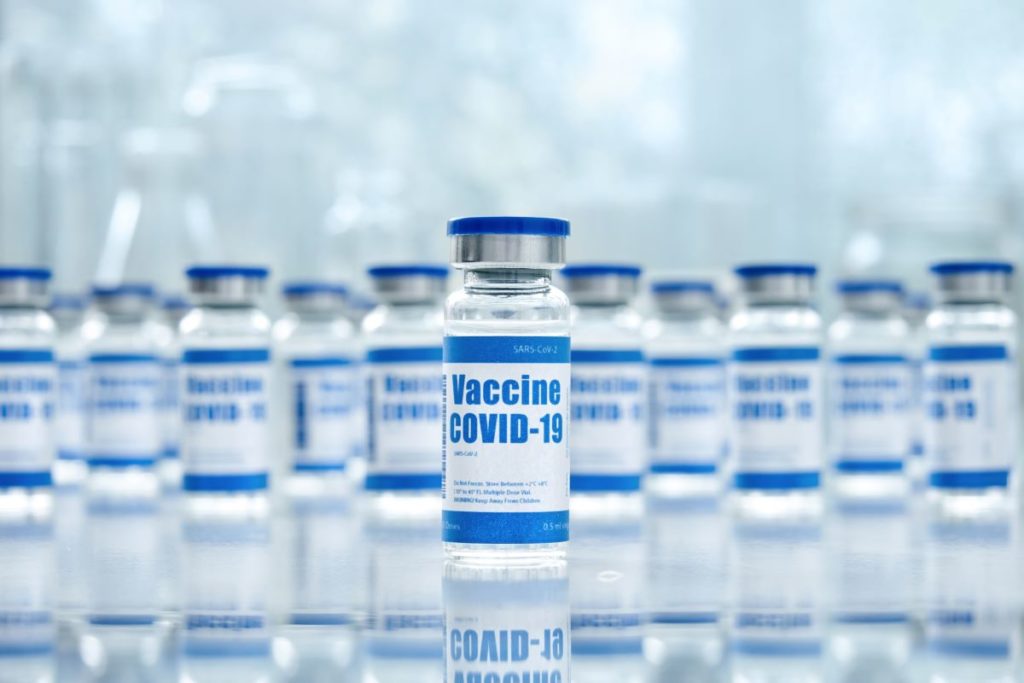

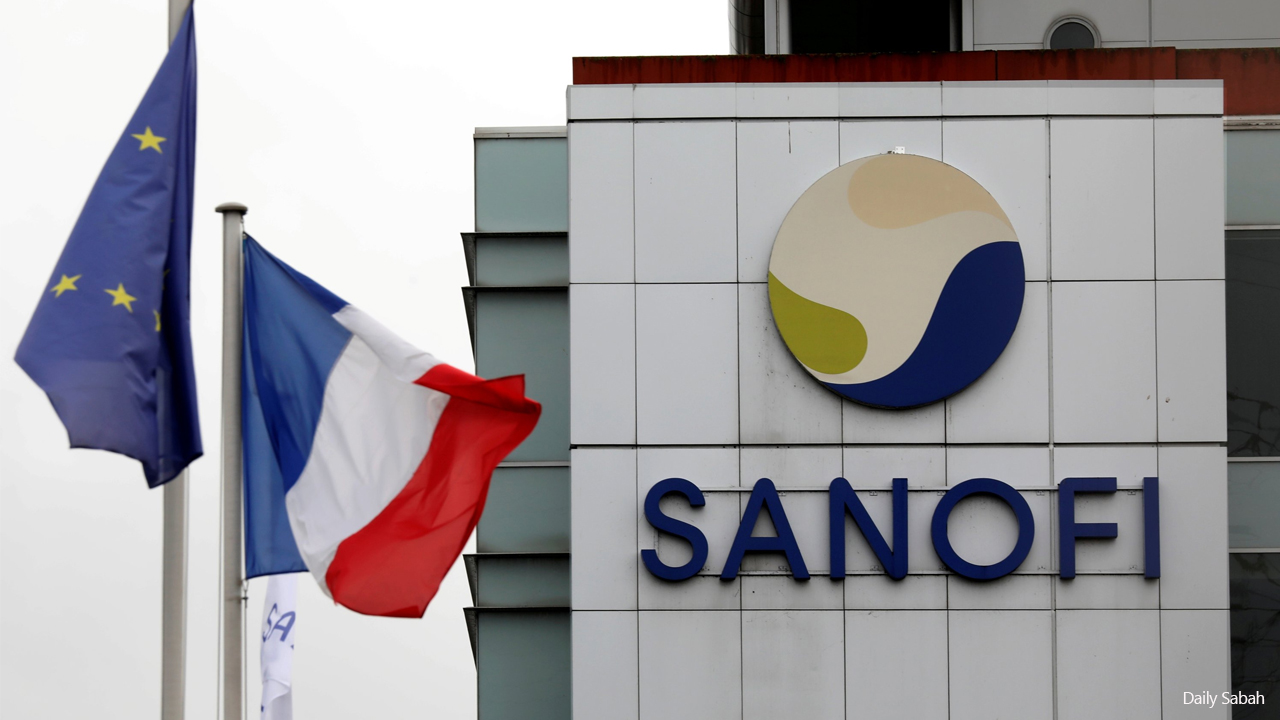
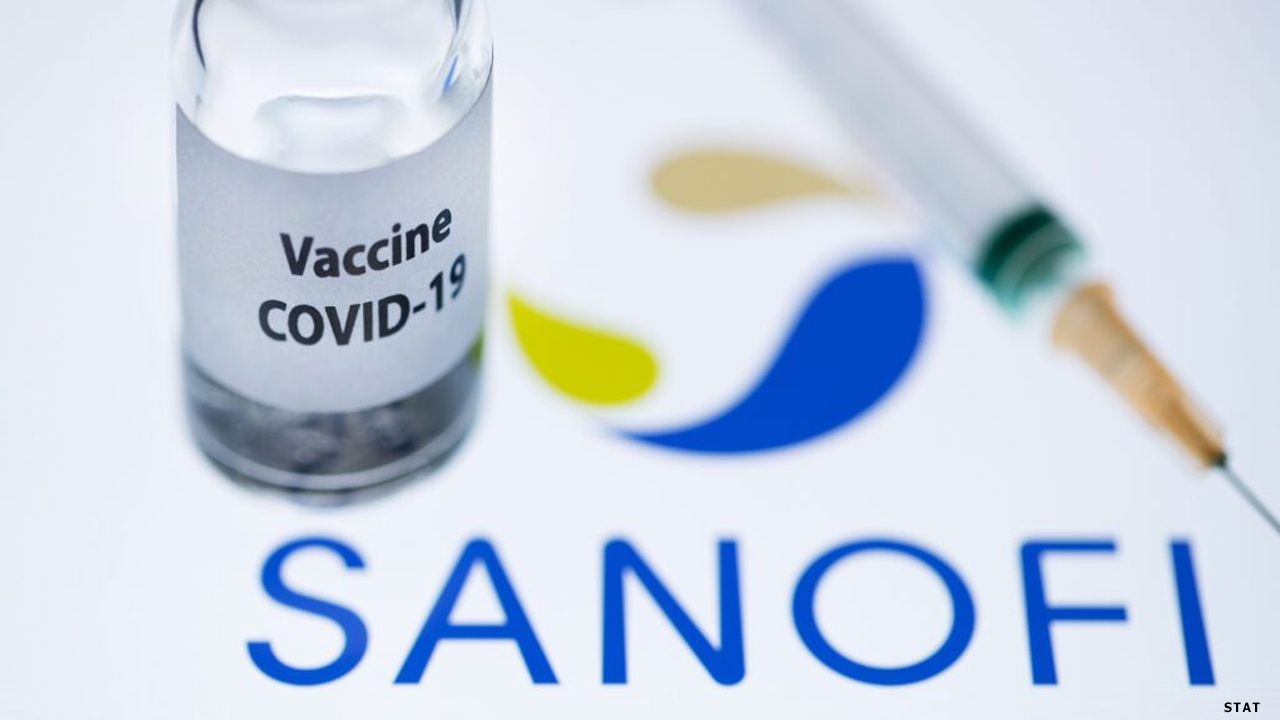





.jpeg)


.jpeg)



.jpeg)
.jpeg)






.jpeg)





